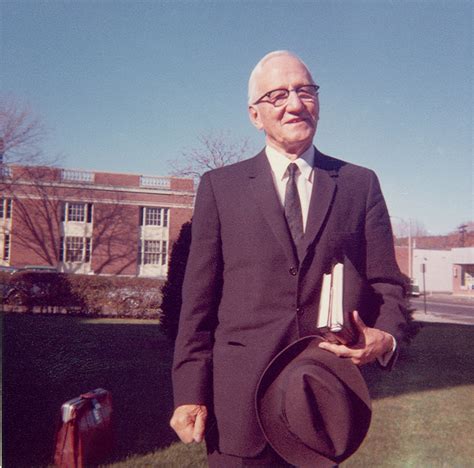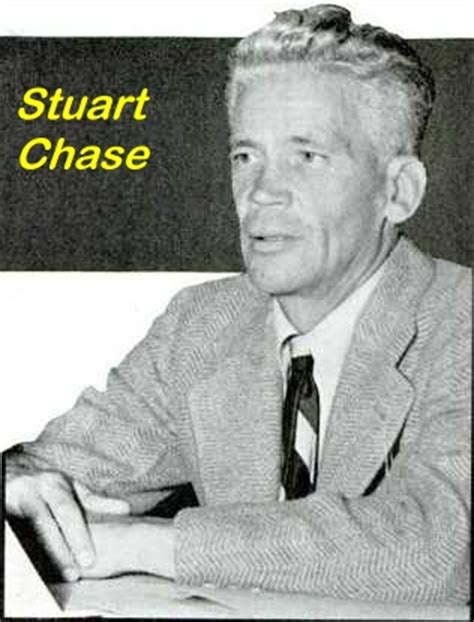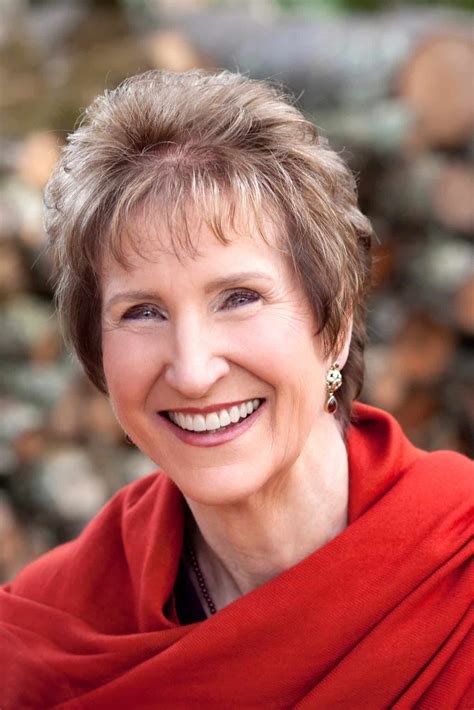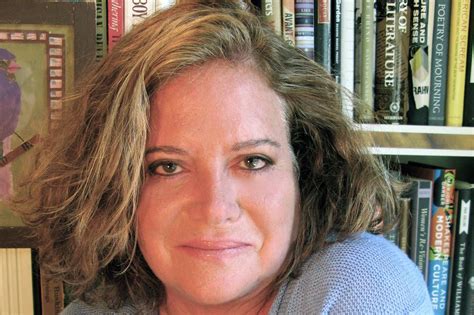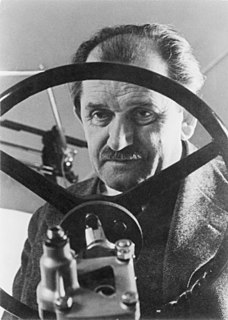A Quote by Rachel Caine
There is a certain freedom in giving up all hope. One is no longer bound by the cords of dread or fear; you simply move toward the inevitable without thinking on the consequences.
Related Quotes
Death is the end of the fear of death. [...] To avoid it we must not stop fearing it and so life is fear. Death is time because time allows us to move toward death which we fear at all times when alive. We move around and that is fear. Movement through space requires time. Without death there is no movement through space and no life and no fear. To be aware of death is to be alive is to fear is to move around in space and time toward death.
On the journey of the warrior-bodhisattva, the path goes down, not up, as if the mountain pointed toward the earth instead of the sky. Instead of transcending the suffering of all creatures, we move toward turbulence and doubt however we can. We explore the reality and unpredictability of insecurity and pain, and we try not to push it away. If it takes years, if it takes lifetimes, we let it be as it is. At our own pace, without speed or aggression, we move down and down and down. With us move millions of others, companions in awakening from fear.
Giving up is not the answer. Neither is giving in. Stand your ground. There is a way of doing that without having to be combative. There is a way of hanging on to your true self, and demonstrating it, without resorting to aggression. But giving up and giving in is not the way. Simply and quietly claiming your right to be You is the way.
There is always a choice." "You mean I could choose certain death?" "A choice nevertheless, or perhaps an alternative. You see I believe in freedom. Not many people do, although they will of course protest otherwise. And no practical definition of freedom would be complete without the freedom to take the consequences. Indeed, it is the freedom upon which all the others are based.
Don't let fear stop you. Don't give up because you are paralyzed by insecurity or overwhelmed by the odds, because in giving up, you give up hope. Understand that failure is a process in life, that only in trying can you enrich yourself and have the possibility of moving forward. The greatest obstacle in life is fear and giving up because of it.
The plan of spiritual evolution is marked not only by God's will that we move ever in the direction of love, nut also by another of God's creative principles: that humanity has free will. What that means is that in any given moment, it is our choice whether we move toward love or retreat from it. What is not love is fear. But in the larger scheme of things, there is a limit past which lovelessness cannot remain. Fear is not life-giving enough to sustain itself. We can move in the direction of fear only so long before it brings us to our knees, or to our end.
I sympathize the first, the direct and single-minded attack [Red Revolution]. I believe it to have been necessary and inevitable in Russia. It may someday be inevitable in this country [United States of America]. I am not seriously alarmed by the sufferings of the creditor class, the troubles which the church is bound to encounter, the restrictions on certain kinds of freedom which must result, nor even by the bloodshed of the transition period. A better economic order is worth a little bloodshed.
Rome tolerated every abominable practice, embraced every foul idea in the name of freedom and the rights of the common man. Citizens no longer carried on deviant behavior in private, but pridefully displayed it in public. It was those with moral values who could no longer freely walk in a public park without having to witness a revolting display. What happened to the public censors who protected the majority of citizenry from moral decadence? Did freedom have to mean abolishing common decency? Did freedom mean anyone could do anything they wanted anytime they wanted, without consequences?
Everything felt fragile and freshly come upon, but for now, at least, my depression had stepped back, giving me room to move forward. I had forgotten what it was like to be without it, and for a moment I floundered, wondering how I would recognize myself. I knew for certain it would return, sneaking up on me when I wasn’t looking, but meanwhile there were bound to be glimpses of light if only I stayed around and held fast to the long perspective. It was a chance that seemed worth taking.
Committees are, by nature, timid. They are based on the premise of safety in numbers; content to survive inconspicuously, rather than take risks and move independently ahead. Without independence, without the freedom for new ideas to be tried, to fail, and to ultimately succeed, the world will not move ahead, but rather live in fear of it's own potential









